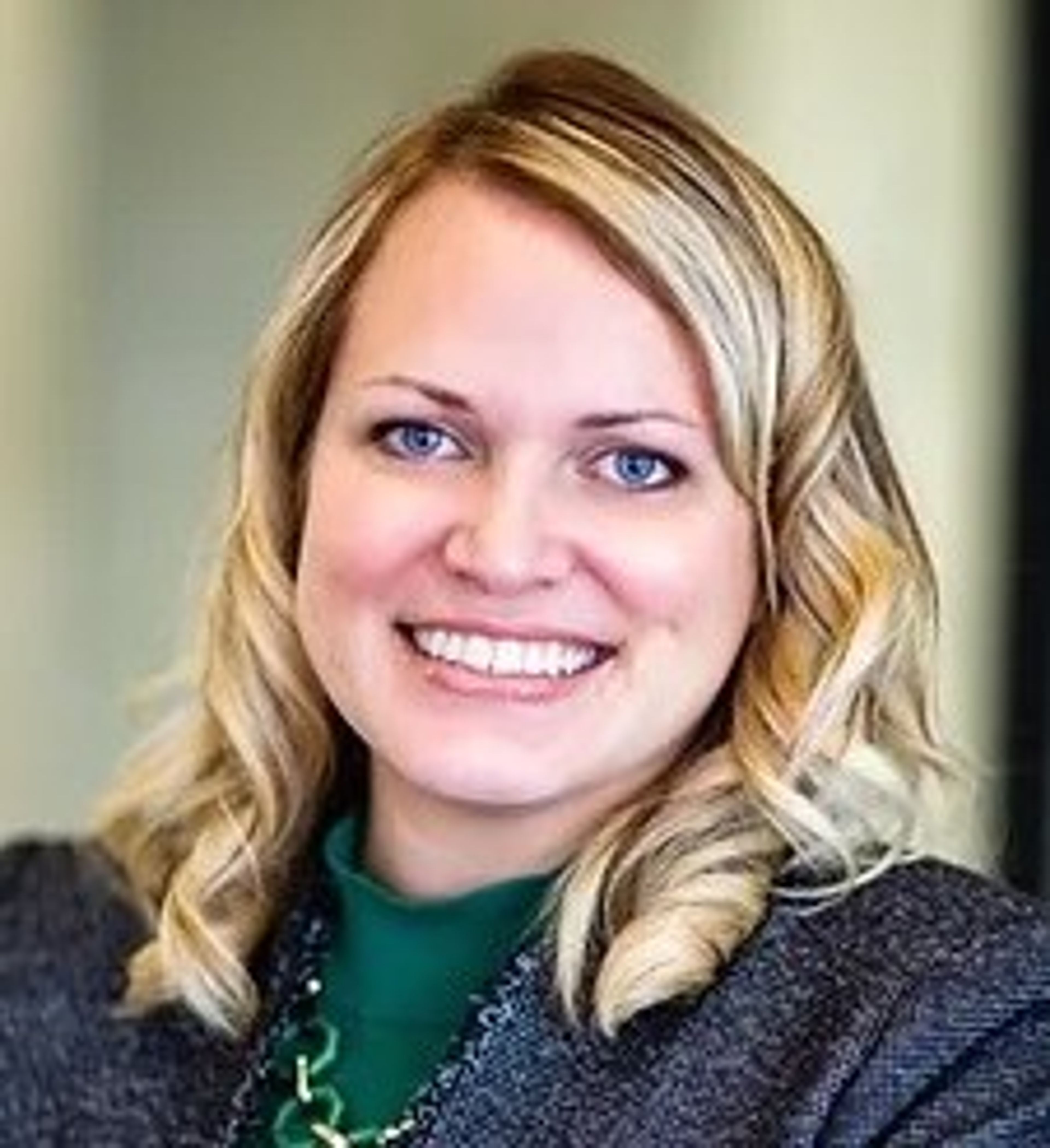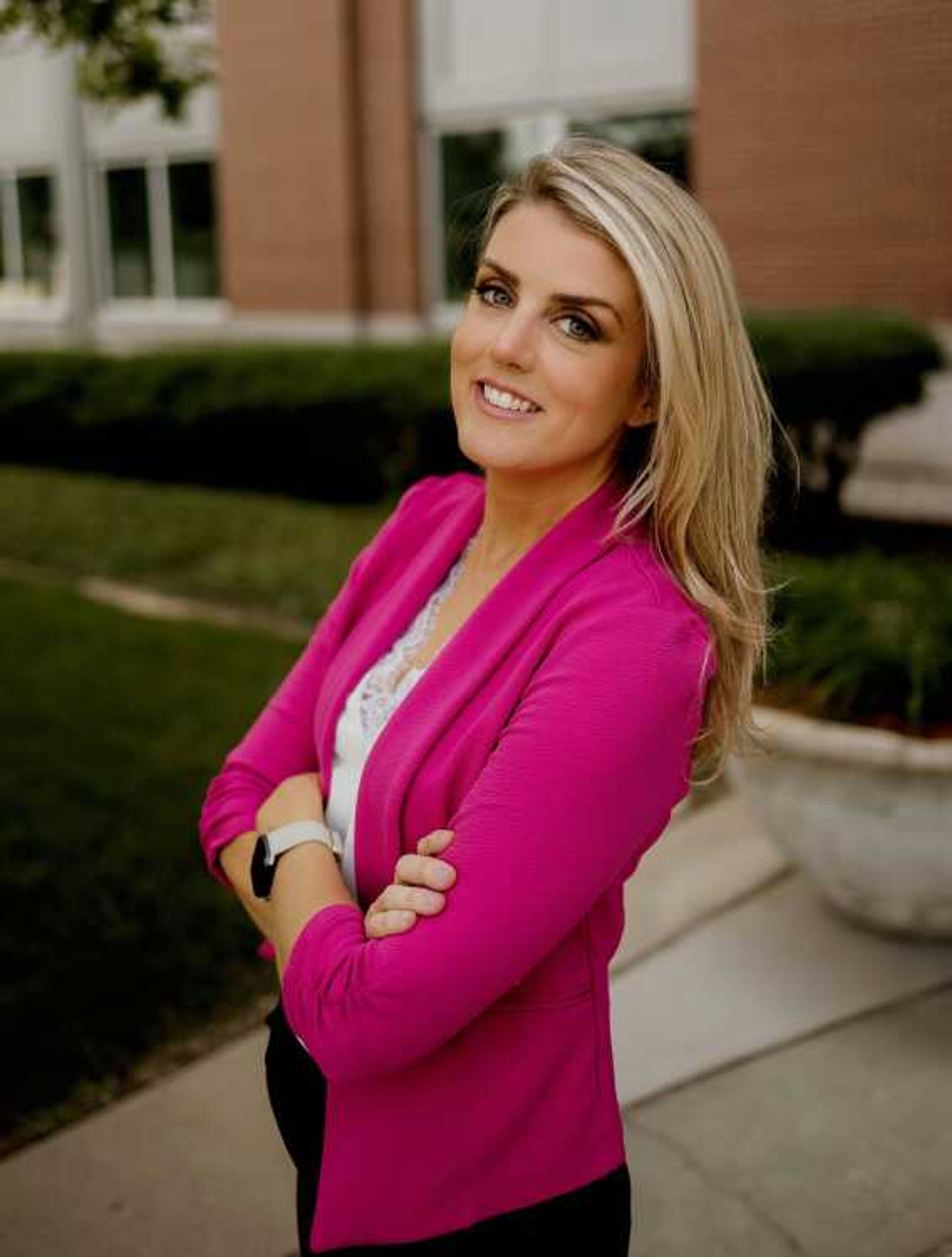Rising health insurance rates are forcing a stark choice for many employers -- push more costs onto employees or eliminate coverage.
Employers can expect an average premium increase of 15 to 20 percent in 2008, said Rock Finch, an insurance broker with Finch Marbanks Insurance Consultants in Cape Girardeau. The pressure on prices has many causes, he said, ranging from the rising cost of medical technology and prescription drugs to the need for insurance companies to remain profitable.
Local governments in the region saw a wide range of increases in the costs of their plans as they renewed coverage before the beginning of the year. The costs for government agencies provides a good gauge to test the market that is facing private employers.
The increases ranged from 5 percent for the city of Cape Girardeau, which runs a self-insurance plan with a high deductible, to 40 percent for Scott County, which changed carriers for 2008 after being presented with a bid for a 73 percent increase from its previous insurer.
Fighting back
But there are ways to rein in the price increases, Finch said. The methods range from seeking a plan that offers incentives for employees to undergo health screenings or control risk through programs such as smoking cessation to more radical solutions, such as health savings accounts.
Health savings accounts, which allow employers and employees to make tax-free contributions to an interest-bearing account in the employee's name, can also control costs and give workers more control over their own health spending, Finch said.
And for employers, especially small business, health savings accounts can rescue their ability to continue providing insurance or create a path to offering insurance for the first time, Finch said.
"It works better on smaller groups than it does on larger groups," Finch said. "You can have a better education process, more so than groups of 50 or above. Those work really well for small employers that do have a very favorable demographic."
Cape Girardeau is offering its employees the option of a health savings account for the first time this year, said David Milam, personnel director for the city. Employees who choose the option will have $50 per month placed in an account in their name.
"It is an interest-bearing account, and that helps," Milam said. "One of the reasons we looked for this is because we have a lot of employees who are very healthy and they haven't spent any money on medical care."
The account, Milam said, allows the employee to accumulate a nest egg that can cover extraordinary costs not covered by health insurance when a major medical problem arises.
Health savings accounts are regulated by the federal government, which established the rules for the accounts in 2003. For 2008, a qualifying plan has a deductible of at least $1,100 for individual coverage and an annual out-of-pocket expense limit of $5,600 for an individual. For family coverage, the amounts are doubled.
The employee and employer can contribute up to $2,900 to the savings account for individual coverage and $5,800 for an individual with family coverage. The money is treated like contributions to a 401(k) retirement plan.
Almost any kind of expense related to medical care is covered by an HSA, Finch said. That includes items such as a bottle of aspirin, a dental visit or eyeglasses and contact lenses.
If an employee doesn't spend the money in the account, it builds and can be used at any time. In an emergency, the money can be withdrawn for other purposes, but there is a large tax penalty that must be paid.
Lawyer Patricia Ray, who has helped clients navigate the tax laws governing health savings accounts, said employers facing premium increases of up to 35 percent on regular insurance plans have turned to the program.
"Employers can't afford it and they are trying to find a way to offer benefits to their employees," she said. "It ends up being 'do we give them a raise or do we give them health insurance?'"
The accounts are an incentive for people to be prudent with their health-care dollars, said Ray, whose own personal insurance plan includes a health savings account.
Local response
Cape Girardeau County was facing a 15 percent increase in health insurance premiums from its existing carrier, United Health Care, when it decided to switch to Anthem Blue Cross/Blue Shield. The county commission chose United Health Care in 2006 with some misgivings, because only one of the two major hospitals in Cape Girardeau, Southeast Missouri Hospital, was included in the company's network.
The deductible was $2,000, but the county paid the first $1,000.
In the new plan, the deductible has decreased to $1,000, and the county will reimburse workers $500 after they have spent their deductible amount, said Kara Clark, county clerk. The result will be a net increase of about 3 to 5 percent in total costs for the county, she said.
Instead of a limited network of providers as a cost-saving measure -- a provision that was unpopular with county employees because the network excluded not only Saint Francis Medical Center but also numerous medical specialists -- the new Anthem plan includes incentives for preventive care and healthy lifestyle choices, Clark said.
By requiring employees to pay the entire deductible before receiving benefits and coupling that with incentives that reduce the deductible, employees are more responsible for their own health care and health choices, she said.
"When they see the cost of health care and have to take ownership, we maintain a more healthy base overall and we can lessen the increase for next year," Clark said.
In Scott County, which already faced a $400,000 budget shortfall with the loss of a sales tax that expires in September, the cost of providing health insurance to 90 workers will increase by $135,000, to $448,000, said Rita Milam, county clerk.
County employees in Scott County pay 15 percent of their own health insurance premiums, and this year's increase means each will pay $265 more over the next 12 months for their coverage.
No changes were made in the health-care plan, Milam said. With the price increase, she said, county commissioners didn't want to impose other new costs on employees.
"Health insurance is very serious, and I don't know if people realize that but it is out of hand," she said.
rkeller@semissourian.com
335-6611, extension 126
Connect with the Southeast Missourian Newsroom:
For corrections to this story or other insights for the editor, click here. To submit a letter to the editor, click here. To learn about the Southeast Missourian’s AI Policy, click here.










